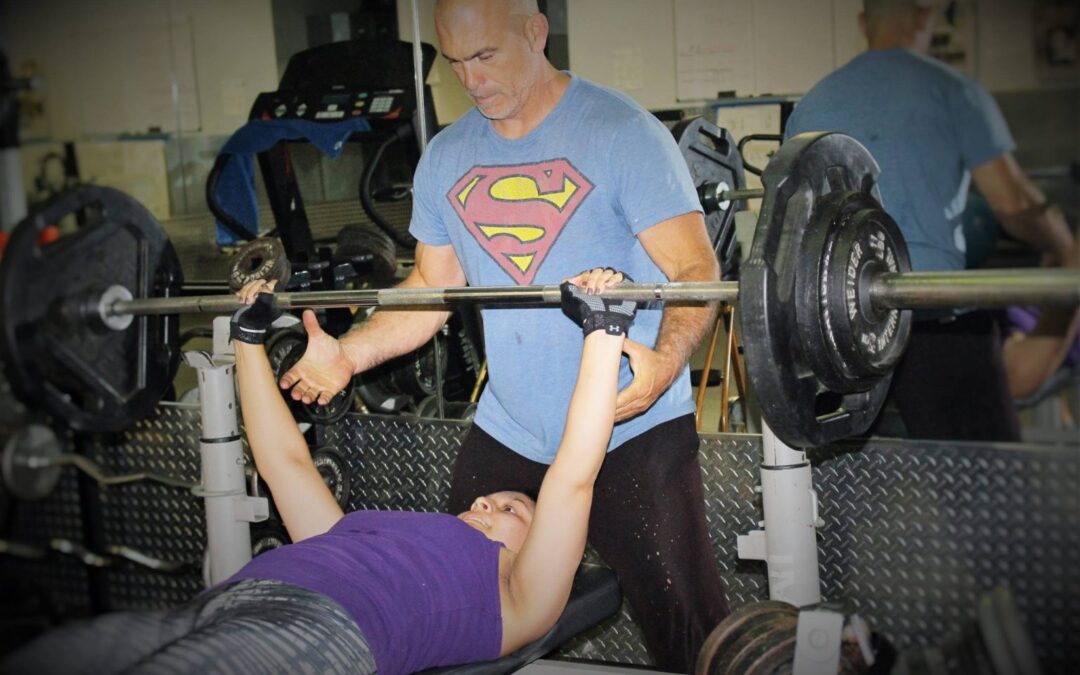Building Resilience: Overcoming Setbacks and Bouncing Back Stronger
In the journey of life, setbacks are inevitable. Whether it’s a career setback, a personal disappointment, or a sudden crisis, these challenges can leave us feeling overwhelmed and defeated. However, it’s not the setback itself that defines us, but rather how we respond to it. Building resilience is about harnessing the power within ourselves to overcome adversity, bounce back stronger, and thrive in the face of challenges.
Resilience is often likened to a muscle that strengthens with each challenge we overcome. As a coach, I’ve seen firsthand how individuals who cultivate resilience not only navigate difficult times more effectively but also emerge from them with a newfound sense of strength and purpose. So, how can we cultivate this invaluable trait in ourselves?
- Embrace a Growth Mindset: Renowned psychologist Carol Dweck famously distinguished between a fixed mindset and a growth mindset. Those with a growth mindset view setbacks as opportunities for growth and learning rather than insurmountable obstacles. By adopting a growth mindset, we can reframe setbacks as temporary setbacks rather than permanent failures, paving the way for resilience to flourish.
- Cultivate Self-Compassion: In moments of adversity, it’s easy to fall into self-criticism and negative self-talk. However, self-compassion involves treating ourselves with kindness and understanding, recognizing that we’re only human and bound to face challenges along the way. Research has shown that self-compassion is strongly linked to resilience, enabling us to bounce back from setbacks with greater ease and resilience.
- Seek Support and Connection: While resilience often conjures images of rugged individualism, the truth is that we’re stronger together. Building a support network of friends, family, mentors, and coaches can provide invaluable support during challenging times. Moreover, sharing our struggles with others not only fosters deeper connections but also reminds us that we’re not alone in our journey.
- Practice Mindfulness and Stress Management: Mindfulness practices such as meditation, deep breathing, and yoga can help us cultivate resilience by fostering present-moment awareness and reducing stress. By staying grounded in the present, we can better navigate the ups and downs of life without becoming overwhelmed by worries about the past or future.
- Focus on What You Can Control: In the face of adversity, it’s easy to feel helpless and powerless. However, focusing on what we can control empowers us to take proactive steps toward overcoming challenges. By identifying actionable steps and taking consistent action, we can reclaim our sense of agency and resilience in the face of adversity.
- Find Meaning and Purpose: Research has shown that those who find meaning and purpose in their struggles are better equipped to bounce back from setbacks. Whether it’s finding purpose in helping others, pursuing a meaningful passion, or aligning our actions with our values, finding meaning in adversity can provide a powerful source of resilience and motivation.
- Celebrate Progress, Not Perfection: Finally, it’s important to celebrate our progress, no matter how small, rather than striving for perfection. Building resilience is a journey, not a destination, and every step forward, no matter how small, brings us closer to our goals. By celebrating our resilience and progress along the way, we can cultivate a positive attitude and mindset that fuels our continued growth and development.
In conclusion, building resilience is a transformative journey that enables us to overcome setbacks, bounce back stronger, and thrive in the face of adversity. By embracing a growth mindset, cultivating self-compassion, seeking support and connection, practicing mindfulness and stress management, focusing on what we can control, finding meaning and purpose, and celebrating our progress, we can cultivate resilience in ourselves and inspire others to do the same. As we navigate the ups and downs of life, let us remember that setbacks are not the end of the road but rather opportunities for growth, learning, and becoming the best versions of ourselves.

